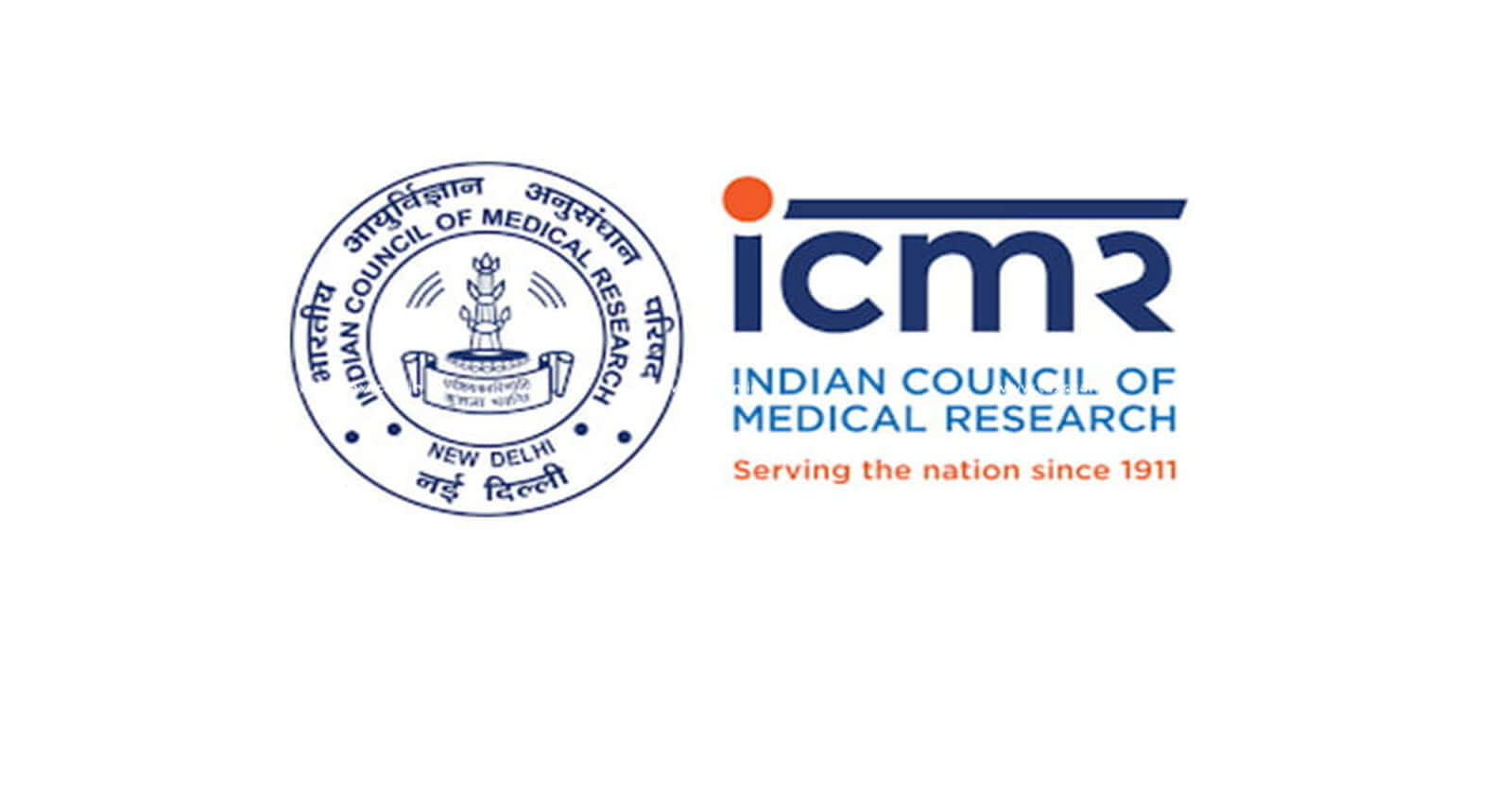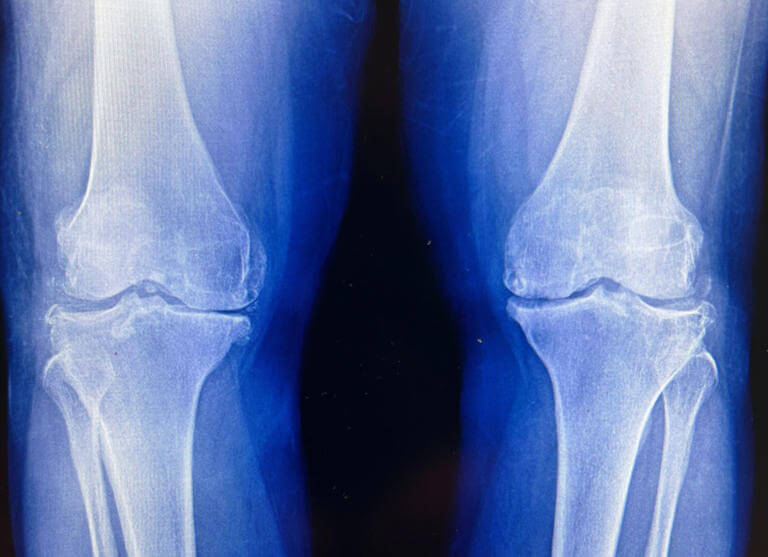Kerala records 190 cases of Mumps in a day, check symptoms and treatment
Wed 13 Mar 2024, 23:35:48

A mumps outbreak is currently underway in Kerala, with the state recording 190 cases in a single day on March 10, Sunday. According to data from the Kerala health department, there have been 2,505 cases of this viral infection reported this month, and a total of 11,467 cases in just over two months this year. Authorities from the Union Health Ministry have acknowledged the outbreak and stated that the National Centre for Disease Control in the state has been notified.
Mumps is caused by the paramyxovirus, which spreads via direct touch or airborne droplets from an infected person's upper respiratory tract. The symptoms take two to four weeks to appear, beginning with a low-grade fever, headache, body ache, and malaise. The most distinguishing feature of the condition is the enlargement of the salivary glands. It primarily affects young children, but teenagers and adults can also become affected. Let us know all about this viral illness:
Mumps: Causes
According to Dr. Suresh Kumar Panuganti, Lead Consultant-Pediatric Critical Care and Pediatrics, at Yashoda Hospitals Hyderabad, mumps is caused by the mumps virus, which is spread through respiratory droplets. This means, like most viruses, it can be contracted by coming into contact with saliva or mucus from an infected person, typically through coughing, sneezing, or sharing utensils.
Mumps: Symptoms
The hallmark symptom of mumps is swelling and tenderness of one or more salivary glands, usually the parotid glands located just below and at an angle of jaws on either side. Other common symptoms include fever, headache, myalgia or muscle pains, excessive tiredness, loss of appetite, painful movements of the jaw, and difficulty in chewing or opening the mouth. It is noteworthy that, not everyone who is
infected develops symptoms (can remain completely asymptomatic), but they can still spread the virus to others (infective to others).
infected develops symptoms (can remain completely asymptomatic), but they can still spread the virus to others (infective to others).
Mumps: Complications
While most cases of mumps are mild and resolve on their own within a few weeks, complications can occur, especially in older children and adults. These complications may include:
Orchitis - swelling of the testes which can rarely lead to infertility
Aseptic meningitis - inflammation of brain coverings called meningitis
Encephalitis - infection of the brain and can present with seizures
Pancreatitis - it can cause swelling of almost any organ in the body and its associated complications
Mumps: Prevention
The most effective way to prevent mumps is through vaccination. The MMR (measles, mumps, and rubella) vaccine is typically given to children in two doses, the first at 9 months of age and the second at 15 months of age; and the booster dose at 4-6 years of age. It is easily available and affordable; This vaccine not only protects against mumps but also against measles and rubella.
Mumps: Treatment
There is no specific treatment for mumps, but supportive care can help relieve symptoms. This includes getting plenty of rest, staying hydrated, and using over-the-counter pain relievers for fever and discomfort. It's also essential to avoid close contact with others, especially those who are at higher risk of complications until the contagious period has passed. It is better to avoid contact with all pregnant women. One should seek immediate medical attention in case of severe headache, altered sensorium, abnormal movements including seizures, severe abdominal pain, difficulty in breathing, neck stiffness or swelling or pain in testicles.
No Comments For This Post, Be first to write a Comment.
Most viewed from Health
AIMIM News
Latest Urdu News
Most Viewed
May 26, 2020
Can Lionel Messi's visit boost Indian football?
Latest Videos View All
Like Us
Home
About Us
Advertise With Us
All Polls
Epaper Archives
Privacy Policy
Contact Us
Download Etemaad App
© 2026 Etemaad Daily News, All Rights Reserved.

























.jpg)
.jpg)
.jpg)


